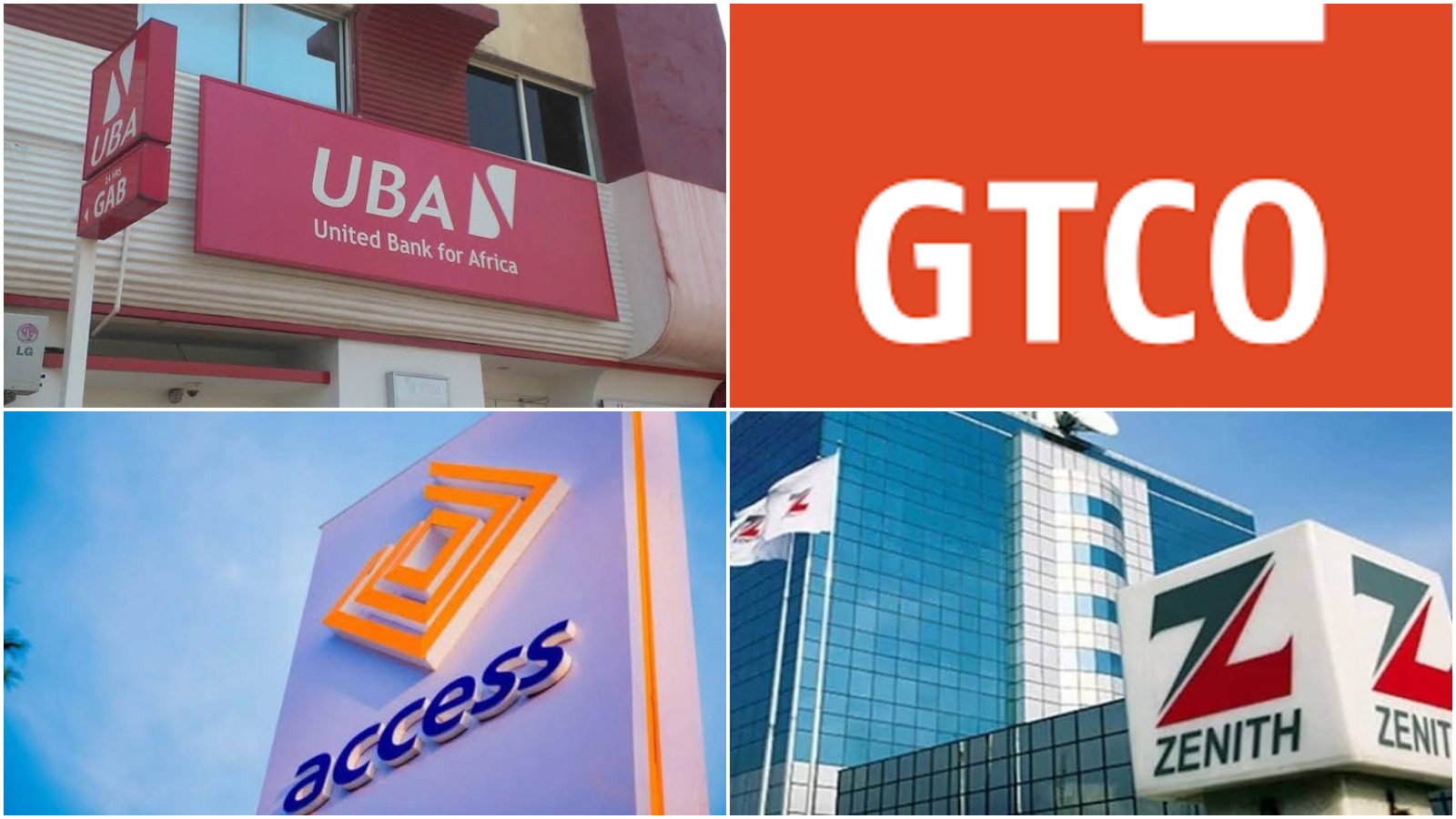
About 26 banks will need to raise about N3.972tn in the next 24 months to be able to meet the capital base threshold set by the Central Bank of Nigeria.
The apex bank on Thursday announced new guidelines on its recapitalisation policy for banks in the country. In a statement signed by its acting Director of Corporate Communications, Sidi Ali, the CBN directed commercial banks with international authorisation to increase their capital base to N500bn and national banks to N200bn.
According to the acting CBN director, commercial banks with national licences must meet a N200bn threshold, while those with regional authorisation are expected to achieve a N50bn capital floor.
Similarly, non-interest banks with national and regional authorisations will need to increase their capital base to N20bn and N10bn, respectively.
The CBN’s move came two days after the Monetary Policy Committee hinted that it would change the capital base of the banks.
Based on the CBN circular on recapitalisation, only the share capital and premium capital of the shareholders’ fund portion of the balance sheet will be recognised.
The circular read, “For existing banks (a) The minimum capital specified above shall comprise paid-up capital and share premium only. For the avoidance of doubt, the new capital requirement shall NOT be based on shareholders’ funds. (b) Additional Tier 1 capital shall not be eligible for the purpose of meeting the new requirement. (c) All banks are required to meet the minimum capital requirement within a period of 24 months commencing from April 1, 2024, and terminating on March 31, 2026. (d) Notwithstanding the capital increase, banks are to ensure strict compliance with the minimum capital adequacy ratio requirement applicable to their licence authorisation. (e) In line with extant regulations, banks that breach the CAR requirement shall be required to inject fresh capital to regularise their position.”
For proposed banks, the CBN said their minimum capital requirement shall be paid-up capital and applicable to all new applications for banking licences submitted after April 1, 2024.
It added that for proposed banks whose applications it was processing, “it shall continue to process all pending applications for banking licences for which capital deposit had been made and/or Approval-in-Principle (AIP) had been granted. However, the promoters of such proposed banks shall make up the difference between the capital deposited with the CBN and the new capital requirement not later than March 31, 2026.”
But according to an analysis of the latest financial statements of 26 out of the 30 operating banks, most, if not all of the financial institutions must fashion out strategies and methods to reach the new standards.
However, bankers have voiced opposition to the central bank’s decision to omit retained earnings from the share capital calculation.
Anonymously expressing their views in chats with our correspondents, they said the decision to exclude retained earnings from share capital calculations was flawed.
According to Saturday PUNCH findings, while the 26 banks will need over N3.972tn combined, the tier 1 banks have to raise the highest amount of N2.569tn.
These tier 1 banks include the largest bank in Nigeria, Access Bank, whose parent company, Access Holdings, earlier on Thursday during an investor call, said that it planned to raise about $1.8bn to expand its operations over the next four years as it targets becoming one of the continent’s largest lenders.
Access Bank said that it would raise $1.5bn or the naira equivalent through the issue of shares, bonds or other instruments to fund a five-year growth plan that began last year. It also revealed plans to raise as much as N365bn ($257m) through a rights issue.
Based on the audited results of 2023, AccessCorp has N251.81bn for share capital and share premium. To meet the new CBN requirements of N500bn, it will need about N248.19bn.
Apart from Access Bank, other banks with international operating licences include Union Bank of Nigeria, Zenith Bank, which is transitioning to a holding company, United Bank for Africa, Guaranty Trust Holdings Company Plc, Fidelity Bank, FCMB Group and FBN Holdings Plc, which will need about N351.91bn, N229.26bn, N384.19bn, N361.81bn, N370.3bn, N374.71bn, and N248.66bn, respectively.





